Ingredients
| Recommended daily intake | *RDI | |
|---|---|---|
| Coenzyme Q10 | 50 mg | ** |
| L-arginine | 200 mg | ** |
| Vitamin E | 30 mg | 250 % |
| Vitamin D | 10 μg | 200 % |
| Vitamin C | 30 mg | 38 % |
| Vitamin B6 | 3 mg | 214 % |
| Folic acid | 800 μg | 400 % |
| Vitamin B12 | 60 μg | 2400 % |
| Zink | 10 mg | 100 % |
| Selenium | 60 μg | 109 % |
| Vitex agnus-castus | 30 mg | ** |
| Green tea | 200 mg | ** |
| Iron | 18 mg | 129 % |
| Vitamin A | 133 μg | 17 % |
| *RDI = Recommended daily intake / ** - RDI no recommendations. |
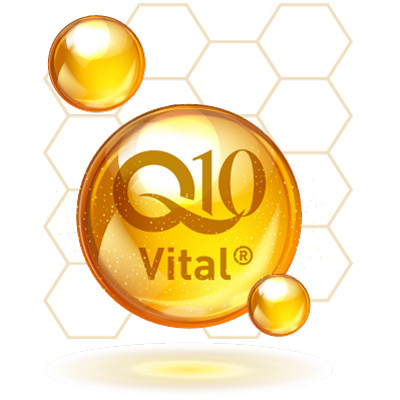
Coenzyme Q10
The coenzyme Q10 is an antioxidant, which is crucial for numerous processes in the body, and various studies have shown that it plays an important role in improving fertility.
The coenzyme Q10 is a very important ingredient in the body, because it plays a key role in the production of cellular energy and as a highly efficient natural antioxidant it successfully combats free radicals and protects cells from DNA damage.
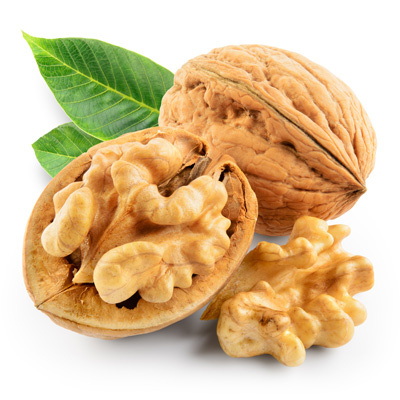
L-ARGININE
L-arginine is a non-essential aminoacid that plays numerous roles in human body. Thanks to its direct influence on blood flow regulation it helps maintain a healthy uterus and ovaries. It has an important role in the functioning of the circulatory system, cell division and hormonal release, and also in wound healing, elimination of ammonia from the body and functioning of the immune system.
Being a predecessor of hydrogen oxide, L-arginine improves blood flow. Good blood supply is crucial for sex organs and a healthy womb to enable implantation of a fertilised ovum. L-arginine also supports the functioning of ovaries and formation of cervical mucus.
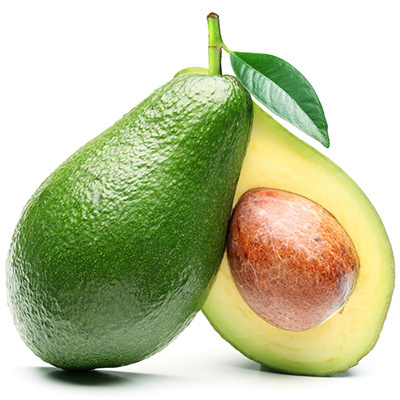
VITAMIN E
Vitamin E is a powerful antioxidant involved in enzyme reactions and expression of genes, while it is important in improving fertility, because it maintains a healthy endometrium (the lining of the womb), cervix and placenta.
Vitamin E is a water-soluble substance, which protects cell membranes from free radical-induced damage, but it also plays other important roles in human body, because it is involved in enzyme reactions and neurological functions. Vitamin E is crucial in the formation of cervical mucus and it also maintains a healthy placenta. This helps reduce any malformation risk in embryo and risk of abortion.
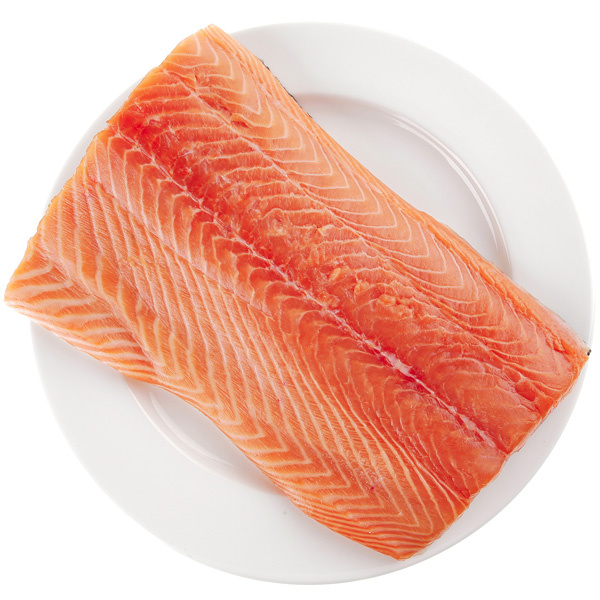
VITAMIN D
Human bodies produces vitamin D only when exposed to sunlight. Vitamin D3 enhances the production of sex hormones, which control ovulation and hormonal balance, so we must make sure our body receives sufficient amounts.
In women, vitamin D enhances the production of sex hormones, which affect ovulation and hormonal balance.

VITAMIN C
Vitamin C is an important water-soluble antioxidant, which protects against oxidative stress, reducing the chance of abortion and chromosomal aberrations. Likewise, it regulates hormone levels in human body, impacts the normal course of luteal phase and supports iron absorption.
Vitamin C or ascorbic acid is a water-soluble antioxidant, which is of crucial importance for a healthy body. It is involved in numerous enzyme reactions, maintains a strong immune system, protects cells against oxidative stress, while elso ensuring improved absorption of iron, which is also an important element for optimum fertility. Oxidative stress, which is caused by free radicals, in both men and women renders any reproductive efforts difficult because of negative influence on sperm DNA. Vitamin C is an important factor of conception in women and can impact normal pregnancy. It restores hormonal balance and helps women with abnormalities in luteal phase (period between ovulation and menstruation in the menstrual cycle). As an antioxidant, it protects body cells against oxidative stress, reducing the chance of abortion and chromosomal aberrations.
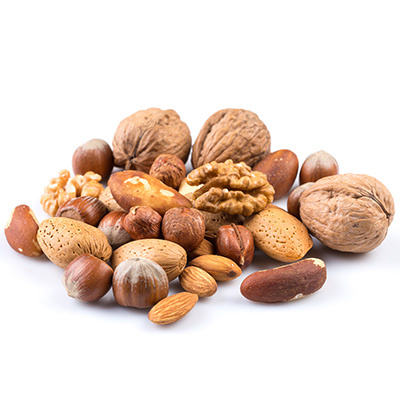
VITAMIN B6
B6 or pyridoxine is a vitamin that alleviates problems connected to menstruation, pregnancy and menopause. It has a favourable impact on fertility thanks to its role in restoring hormonal balance and normal course of luteal phase in the female menastrual cycle.
Vitamin B6 or pyridoxine is a highly active substance in human body, because it is involved in more than 100 reactions. It has an important role in the formation of proteins, chemical messengers, red blood cells and other elements in human body. Studies show that it helps resolve problems related to menstruation, pregnancy and menopause. It alleviates pre-menstrual syndrome, depression related to taking birth control pills as well as nausea and vomiting in early pregnancy. B6 is also involved in maintaining hormonal balance and in the extension of luteal phase. This is a period in the menstrual cycle between ovulation and menstruation. If this phase is too short (often particularly in women, who used oral contraceptives), uterine lining starts peeling off even before the ovum is implanted, which prevents pregnancy.
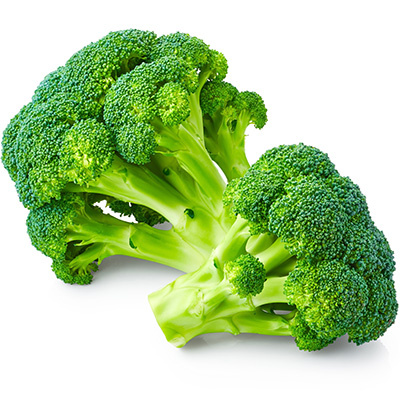
FOLIC ACID
B9, folate or folic acid is a vitamin, which has a positive impact on the development of the neural tube of fetus and is clinically proven to reduce risks of its deformities. Folic acid is a synthetic form of folate, vitamin B9, which is needed for the production of cell building blocks (DNA and RNA) and protects from DNA changes. It is very important in the period of fast cell growth, i.e. also during pregnancy.
Taking vitamin B9 or folic acid is crucially important for a healthy fetus. It helps prevent abnormalities in the development of the child’s nervous system and it is also crucial in closing the neural tube and its development to brains and spinal cord. But, folate is not important only after conception. Research has shown that women who have been taking folic acid at least a year before getting pregnant were 50 or more percent less likely to experience premature birth.
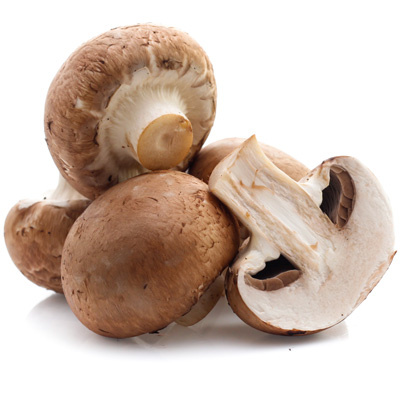
VITAMIN B12
Vitamin B12 is a water-soluble vitamin, which plays a crucial role in normal functioning of the nervous system and formation of red blood cells. B12 improves endometrium, has a positive impact on fertilisation of the ovum and ovulation and reduces the chance of abortion.
B12 or cobalamin is a water-soluble vitamin, which is in charge of normal functioning of the brain and the nervous system and the formation of red blood cells. It is involved in the metabolism of every cell in the body, but it mainly influences the DNA synthesis and metabolism of fatty acids and amino acids. Longer B12 vitamin deficiency causes changes in ovulation and egg development (oogenesis) and inappropriate implantation of a fertilised ovum. In extreme cases the deficiency may result in anovulation, while it was also linked to abortion. Much like B9 and B6 vitamin deficiency, B12 deficiency leads to increased quantities of homocysteine, an abortion-inducing substance.

ZINK
Zinc is a microelement, involved in numerous important processes in human body and its deficiency may cause hormonal imbalance and affect cell division. Zinc deficiency causes irregular menstruation, affected ovarian activity and abortion.
Zinc is a metal, in human body it is a microelement, involved in numerous important processes. It boosts the immune system and is a component of numerous enzyme systems, among others also a complex of DNA polymerase, which is crucial for successful reproduction. Zinc regulates female sex hormones. It is required for synthesis of estrogen and progesterone alike. Zinc deficiency and consequently hormonal imbalance may result in reduced fertility due to irregular menstruation, affected ovarian activity and egg transport in the fallopian tube. Zinc deficiency due to higher likelihood of chromosomal aberrations also increases the risk of abortion.
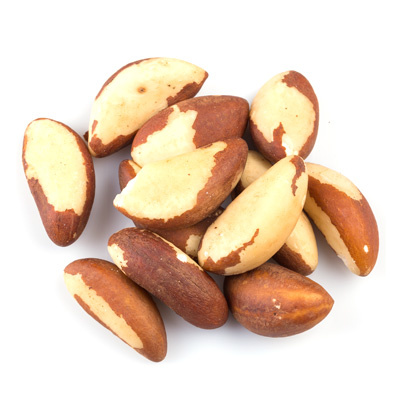
SELENIUM
Selenium is an essential nutrient, which also contributes to correct metabolism of thyroid hormones. As an antioxidant it protects cells from oxidative stress.
Selenium is a mineral, which is an urgently required microelement in the human body. It protects cell DNA against oxidative stress, supports DNA synthesis and plays an important role in the metabolism of thyroid hormones.
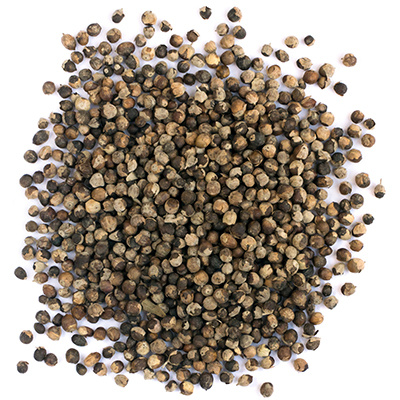
Vitex agnus-castus
Chaste tree is one of the most popular herbs for dealing with gynaecological problems. It regulates the activity of sex hormones, increases the level of progesterone, alleviates PMS symptoms and regulates menstruation.
Chaste tree is a bush, which originates from Greece and central Asia, with a long history of use for medicinal purposes. In Europe and other countries of the Western world it is one of the most popular herbs for resolving various gynaecological problems, from pre-menstrual syndrome to infertility.
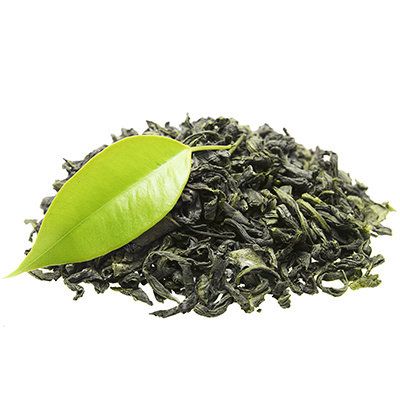
GREEN TEA
Green tea is an antioxidant, which protects body cells against oxidative stress and, consequently, from DNA damages.
Green tea is one of the healthiest beverages. Its advantages are a result of catechins, antioxidants, which protect against cell damage. Because green tea is not severley processed before final use, it preserves a high content of catechins. Research has shown that it improves blood flow, lowers cholesterol and maintains healthy blood vessels.
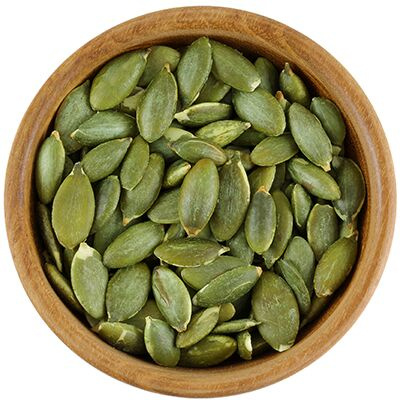
IRON
Without sufficient iron quantities human body experiences a lack of energy and anaemia. Research has shown that iron deficiency can result in anaemia, anovulation or poor ovum quality. Iron deficiency is the most common example of nutrient deficiency in the human body in the developed world. It is expressed as fatigue, because its key role is oxygen transmission through body.
Iron is an important component of haemoglobin, a substance in red blood cells, which carries oxygen from lungs to every part of body. Iron is also important for healthy cells, skin, hair and nails. Due to loss of blood during menstruation women are particulary subject to anaemia, which is why they need more iron. Iron deficiency leads to poor quality of egg and even unsuccessful ovulation, so women who have problems getting pregnant must monitor iron levels in their blood. Iron requirements additionally increase during pregnancy, particularly within the first three months. Iron deficiency during pregnancy can have a negative impact on embryonic development and cause premature birth and low birth weight.
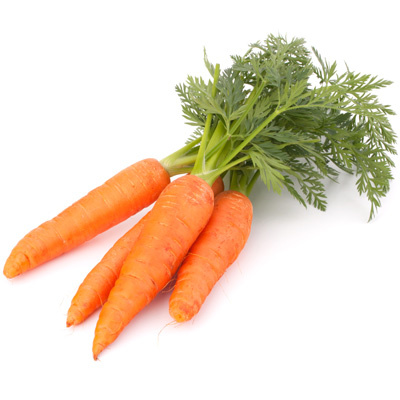
VITAMIN A
Vitamin A helps women with infertility indirectly, by combating painful menstruation, pre-menstrual syndrome and vaginal infections.
Vitamin A is a fat-soluble vitamin, required for normal functioning and development of eyes, skin, immune system and numerous other body parts.
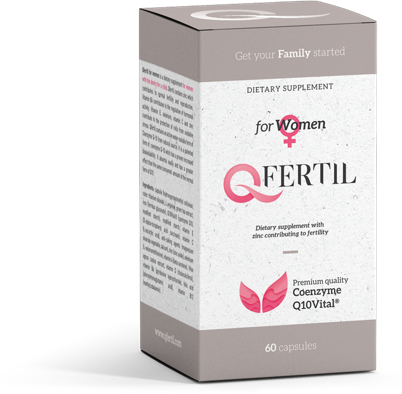
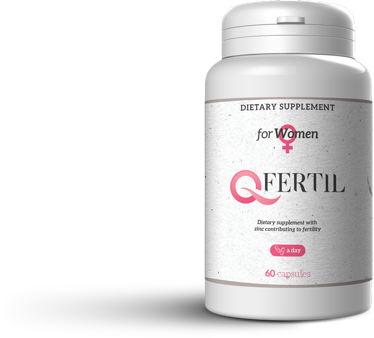
Prices Qfertil for women
| 1 container for 1 month | 32.80 € |
| 2 containers for 2 months | 62.32 € |
| 3 containers for 3 months | 88.56 € |









 ACCEPT
ACCEPT